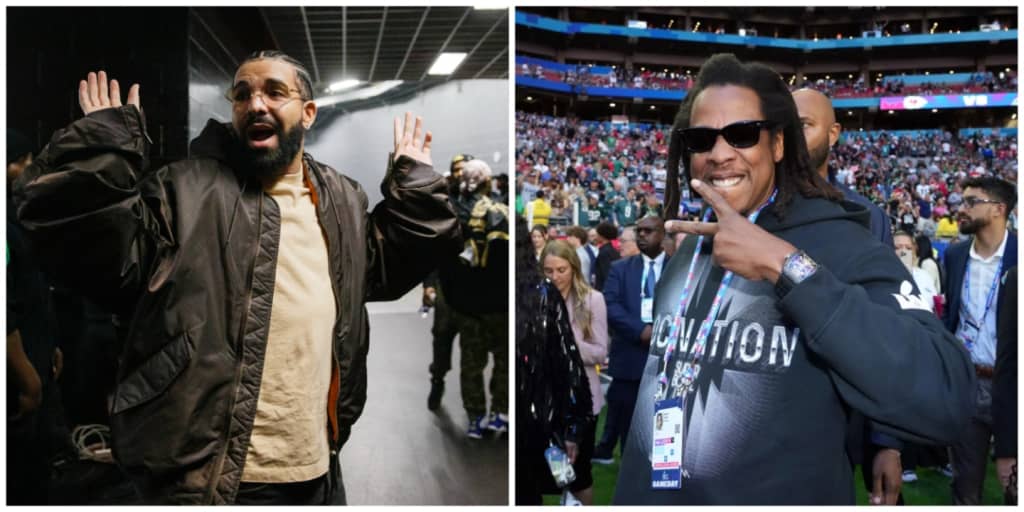While it’s unclear whether Dave East actually uses DraftKings, other celebrity spokespeople for sportsbooks are consistent users. Increasingly, rappers are not just gambling themselves, but gambling on the gambling industry, seeing sportsbooks as a lucrative and low-effort revenue stream and another page in their investment portfolio. Drake — username DeepPockets6 — has a working relationship with Stake.com, and while he’s certainly an active player on the site, that business partnership likely cushions him from the losses the average gambler might incur—it wouldn’t be a great look for Stake if their highest-profile celebrity sponsor lost very real money using their service. But it’s a mutualistic relationship: Stake.com is on some level basically paying Drake to pay them by way of continually placing massive bets with their bookies. Having such a high-profile customer benefits Stake in other ways, too; the specter of Drake has served to overshadow the company’s legal woes, including data leaks and hacks.
Unsurprisingly, given his unquenchable thirst for capitalism, Jay-Z has had more luck when it comes to his transition to gambling mogul. In 2021, Jay announced an almost $350 million investment in Fanatics, a sporting goods company that deals in everything from snapbacks to trading cards to NFTs, in addition to operating the official digital storefronts for leagues like the NFL and NBA. Fanatics entered the betting marketplace this year with its service SportsBet, which is currently only available in Kentucky, Ohio, Massachusetts, Maryland, and Tennessee. But Jay’s not content to only let other people deal the cards. After applying for a New York gaming license alongside Philadelphia 76ers co-owner Michael Rubin, Jay-Z has set his sights on the newly-opened frontier of casino gambling in the New York City metro area. In an open letter published in the New York Post, the New York Daily News, and the Amsterdam News, RocNation shared its desire to break ground on Caesar’s Palace Times Square — though Jay is only one of many entrepreneurs fighting for the hotly-contested rights to the city’s only casino license.
But like so much of Jay’s financial advice, the gambling industry only benefits those who already maintain a significant amount of capital. When you have more money than you can count, it’s easier to afford the inevitable losses that come with trying to strike it rich on a big-time bet, in both gambling and investment. The dream of being the impresario in the back of the house who hoards all the chips pays off for very few; for the average person, it usually just ends in being another sucker losing money at the table, clinging to the desperate illusion that the next hand will turn your life around.
Rappers like Drake and Jay-Z didn’t build their own wealth through gambling, but their association with the gaming industry fosters an unconscious perception that if you pay to play, you just might become a billionaire too. The legitimizing effect of celebrity endorsements on an addictive product has increasingly come under scrutiny by state and local governments — including Drake’s native Ontario, which recently passed legislation to ban gambling advertisements featuring “celebrities who would likely appeal to minors.” Celebrities may not risk much financially when endorsing gambling platforms, but they do risk their reputation by getting into a business that could very well harm their own fans.





